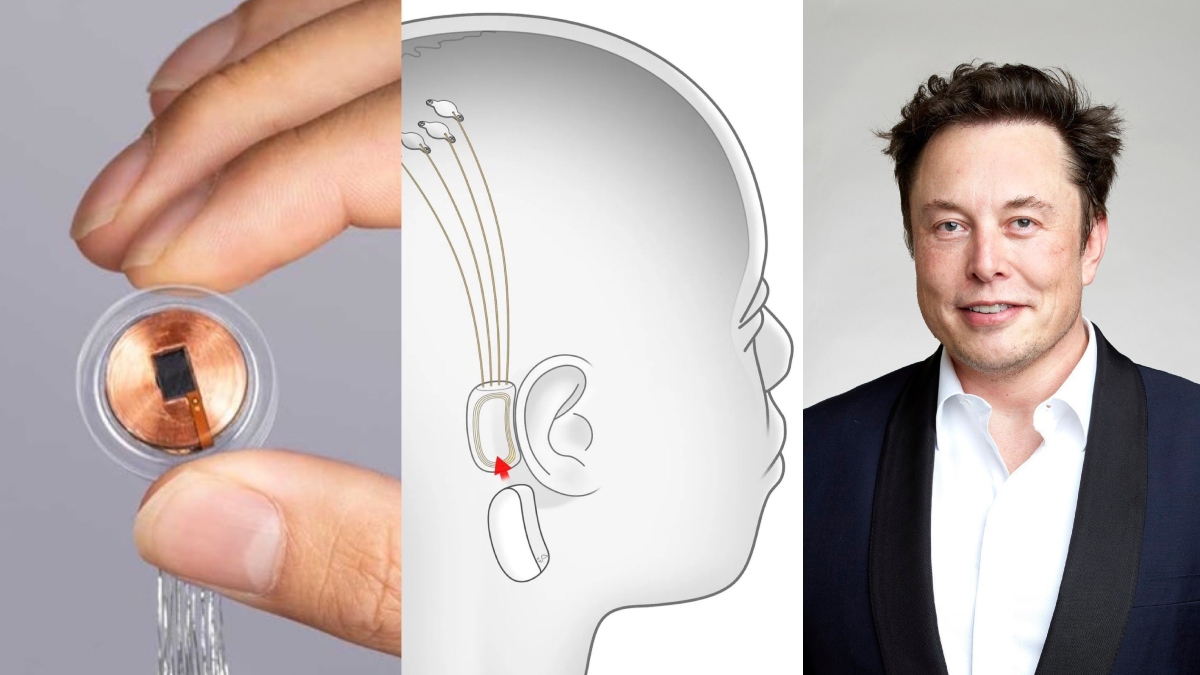Neuralink, the neurotechnology startup co-founded by Elon Musk in 2016, has achieved a significant milestone by successfully installing a brain implant in its first human patient, yielding “promising” initial results. The company’s ultimate goal is to establish direct communication channels between the human brain and computers, with the aim of enhancing human capabilities, treating neurological disorders such as ALS and Parkinson’s disease, and potentially forging a symbiotic relationship between humans and artificial intelligence.
Elon Musk announced the achievement in a post on X (formerly Twitter), stating, “The first human received an implant from Neuralink yesterday and is recovering well,” and added that “Initial results show promising neuron spike detection.”
Last year, Neuralink received approval from US regulators to commence testing its brain implants in humans. The key component of their technology, known as the “Link,” is a device approximately the size of five stacked coins, which is surgically implanted into the human brain.
According to data from Pitchbook, Neuralink, based in California, had more than 400 employees and raised at least $363 million in funding last year. While Elon Musk is often in the spotlight for his involvement in the project, he is not the sole player in the field of brain-machine or brain-computer interface research.
In an attempt to overcome delays in Neuralink’s progress, Musk reportedly explored collaboration with implant developer Synchron, considering potential investment opportunities. Unlike Neuralink’s Link, Synchron’s implant does not require invasive skull surgery for installation. The Australia-based company achieved a milestone of its own by implanting its first device in a US patient in July 2022.






